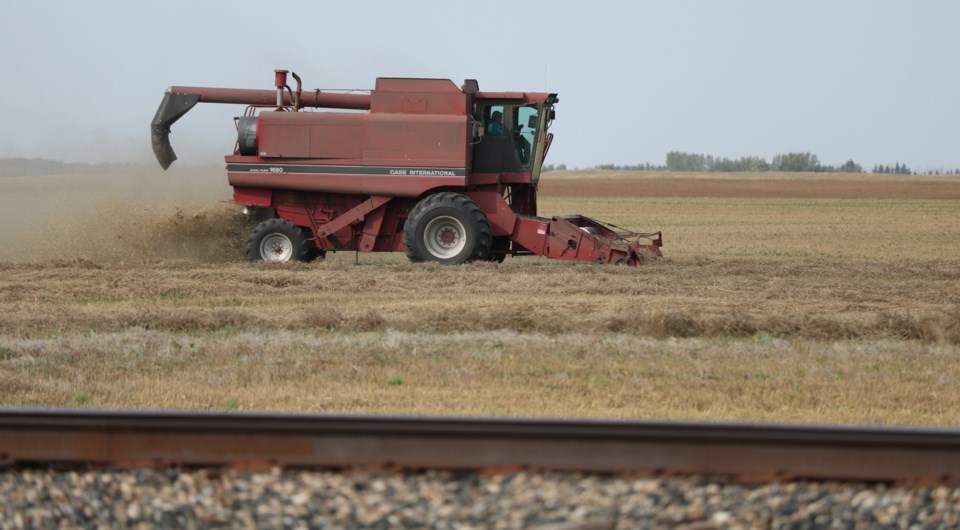YORKTON - In an area noted for its ability to grow oats research being undertaken into the potential for oat protein has to be of interest.
Certainly anything which diversifies the potential uses for any crop is a good thing.
Of course in the end any diversification needs to mean a positive bump in prices to the farmer and it is unlikely that occurs as often as one might imagine.
A farmer is just as likely to receive to same dollar value and processors down the line will simply take advantage of new use markets to diversify their sales.
Still, in the case of the University of Manitoba’s research into oat protein, the effort is notable as some suggest grain proteins will become ever more important as imaginary meat concoctions gain popularity, and livestock are painted ever more often as environmental villains – rather than jets, ocean going barges of garbage, millions of gas burning cars, and other all too human endeavours.
Now that might sound like I am anti plant proteins and that actually is not the case.
As food prices have inched up – and more so because other costs have tightened the budget – my better half has turned to cooking far more often with white and black and kidney beans, and lentils too. Yes they are often included with some chicken or hamburger too, but legumes can be a lower cost food stretcher that also can be quite tasty.
Granted we are not ready to grab some concoction of a myriad of ingredients that are supposed to mimic meat. If we want meat the real thing is still the choice here.
But what about oat protein?
Well we know oats in general are healthy – that bowl of oatmeal in the morning is a good way to start your day – at least my grandmother used to say that and I am still eating it today.
The UofM research seems to be siding with my grandmother too.
So it stands to reason oat protein may well be a healthy addition for what is a multi-billion dollar global market for things such as protein bars, drinks, supplements and ingredients.
The interest in protein is not new.
In recent years a lot of capital in Canada has flowed into pea protein work.
Roquette, a French firm, constructed a $500 million pea processing plant in Portage la Prairie, Man., and the federal government invested $100 million — mostly in loans — to help build the Merit Foods plant in Winnipeg. It was supposed to produce protein from canola and peas, but the company went bankrupt in 2023, noted a story.
Can oats carve out a share of what appears to be a growing market, and if successful will it mean more money in producer pockets?
Those are questions yet to be answered.






